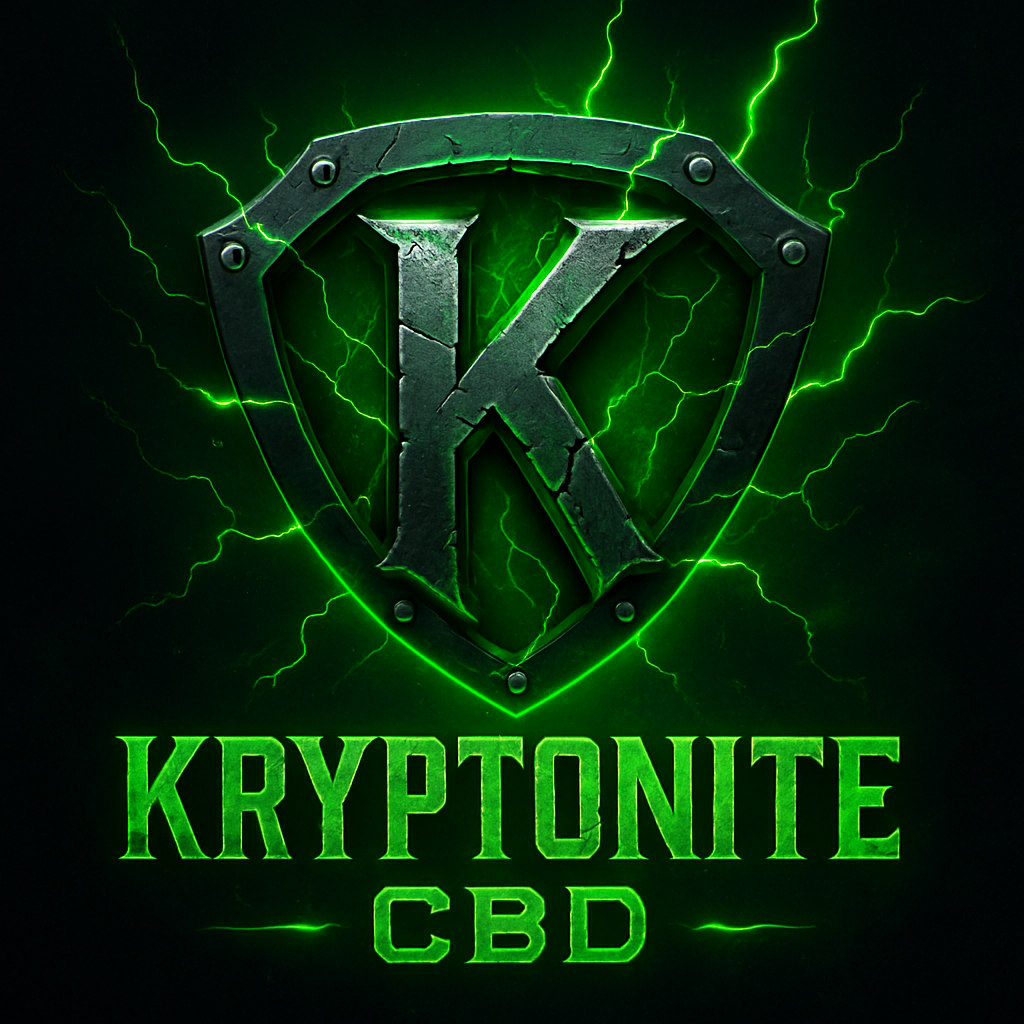
Navigating the CBD Market: A Guide to Choosing the Right Product for You
In recent years, CBD (cannabidiol) has exploded onto the wellness scene, touted for its potential benefits ranging from stress relief to pain management. With a plethora of products flooding the market, choosing the right CBD product can feel overwhelming. Whether you're a newcomer or a seasoned user, finding the perfect fit for your needs requires some understanding and consideration. In this guide, we'll navigate the complexities of the CBD market and offer insights to help you make an informed decision.
1. Know Your Needs:
Before diving into the world of CBD products, it's crucial to identify your specific needs and goals. Are you seeking relief from chronic pain, anxiety, insomnia, or perhaps just looking to enhance your overall well-being? Understanding your objectives will guide you in selecting the most suitable product and dosage.
2. Types of CBD Products:
CBD is available in various forms, each offering unique benefits and methods of consumption. Common types of CBD products include:
- CBD Oil/Tinctures: Typically taken sublingually (under the tongue) for fast absorption. They come with a dropper for precise dosing.
- CBD Capsules/Pills: Convenient and discreet, ideal for those who prefer a familiar ingestion method.
- CBD Edibles: Including gummies, chocolates, and beverages, providing a tasty and enjoyable way to consume CBD.
- CBD Topicals: Creams, lotions, and balms infused with CBD for localized relief from muscle soreness, inflammation, and skin conditions.
- CBD Vape Products: Inhalable forms of CBD, offering quick onset but requiring specialized equipment.
3. Consider CBD Concentration and Dosage:
CBD products vary in concentration, expressed in milligrams (mg) of CBD per serving. Beginners are advised to start with lower concentrations and gradually increase as needed. Additionally, individual factors such as body weight, metabolism, and the severity of symptoms can influence the appropriate dosage. Consulting with a healthcare professional experienced in CBD use can provide personalized recommendations.
4. Check for Third-Party Lab Testing:
Reputable CBD brands conduct third-party lab tests to verify the purity, potency, and safety of their products. Look for products that provide a certificate of analysis (COA) from an independent laboratory, confirming the absence of harmful contaminants such as pesticides, heavy metals, and residual solvents.
5. Full-Spectrum vs. Broad-Spectrum vs. Isolate:
CBD products are categorized based on their cannabinoid content:
- Full-Spectrum: Contains all cannabinoids, including THC (tetrahydrocannabinol), within legal limits (0.3% or less). It may offer enhanced therapeutic effects due to the entourage effect, where cannabinoids work synergistically.
- Broad-Spectrum: Similar to full-spectrum but with THC removed entirely. It retains other beneficial cannabinoids and terpenes.
- CBD Isolate: Pure CBD extract without other cannabinoids or terpenes. Ideal for those sensitive to THC or seeking THC-free options.
6. Evaluate Product Quality and Brand Reputation:
When selecting a CBD product, prioritize quality and transparency. Research the brand's reputation, sourcing practices, extraction methods, and customer reviews. Opt for brands that prioritize organic farming, use CO2 extraction (considered the cleanest method), and provide detailed product information.
7. Consider Legal and Ethical Factors:
Familiarize yourself with the legal status of CBD in your region, as regulations vary globally. Ensure the product complies with local laws and is sourced from hemp grown in accordance with regulatory standards. Additionally, consider factors such as sustainability, fair trade practices, and the brand's commitment to social responsibility.
8. Start Slow and Monitor Effects:
Once you've selected a CBD product, start with a low dose and gradually increase until you achieve the desired effects. Keep track of how the product affects you, noting any changes in symptoms, mood, or overall well-being. Be patient, as it may take time to find the optimal dosage and formulation for your needs.
In conclusion, choosing the right CBD product requires careful consideration of various factors, including your specific needs, product type, concentration, quality, and legal compliance. By educating yourself and prioritizing quality and transparency, you can navigate the CBD market with confidence and find a product that enhances your wellness journey. Remember to consult with a healthcare professional before incorporating CBD into your routine, especially if you have any underlying health conditions or are taking medications. Happy exploring and may you find relief and balance on your CBD journey!

